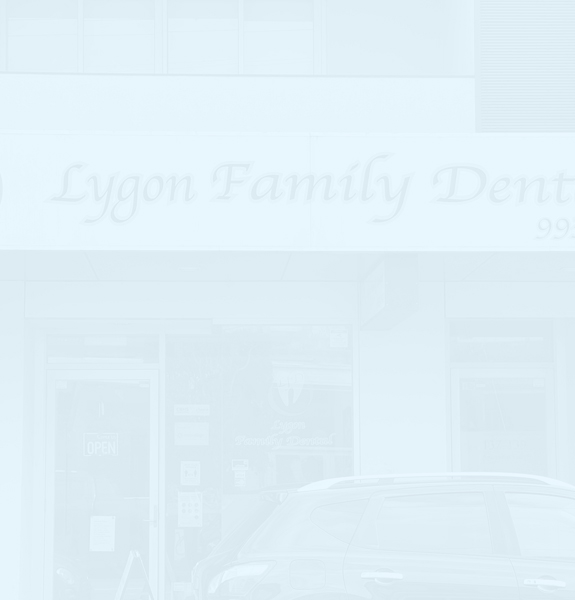Can Dental Problems Cause Heart Problems?
It does seem a bit surprising to know that your oral health can have an effect on your cardiac health. After all, whoever has heard of a person having a cardiac attack caused due to dental cavities or infections!
However, the fact is that the condition of your teeth and gum has an impact on your cardiac health. Several studies have shown a definite connection between poor oral health and increased risk of cardiac problems. It is, therefore, important for you to understand the connection between oral health and cardiac health so you can take the right preventive measures.

Dentists have long been aware of the fact that gum infections (periodontitis) can easily transfer harmful bacteria into your bloodstream. This is why antibiotics were prescribed as a preventive measure to combat any bacterial infection prior to dental treatments in patients suffering from heart murmurs or a malfunctioning heart valve.
New studies further ratify the above connection while putting more focus on how gum diseases can be a factor for strokes and heart attacks. Periodontitis can also be a cause of thrombosis (formation of blood clots in the arteries) and atherosclerosis (thickening of the walls of the arterial vessels).
Some research also shows that people who suffer from periodontitis have thicker blood vessels in the neck region that is very near to your heart.
Periodontitis can also lead to systemic inflammation. Infections in the gums will force your liver to produce more C-reactive proteins, which indicate increased systemic inflammation. Such type of inflammation in the heart can lead to complicated conditions such as myocardial infarction or peripheral arterial diseases in people without any prior cardiac conditions.
Furthermore, certain bacteria thrive in areas affected by periodontitis. Once transmitted to your bloodstream, such bacteria can increase the formation of blood platelets. Over time, increased production of blood platelets can lead to thrombosis.
LPS or Lipopolysaccharide is another pathogen present in the mouth of people suffering from gum diseases. This pathogen too leads to thickening of arterial blood vessels if it is transmitted to your heart from your mouth through the bloodstream.
Once LPS reaches the arterial wall, it sticks to the wall and stays there. Over the years, accumulation of LPS pathogen makes the arterial walls thicker and you become more susceptible to cardiac arrests.
Even though you cannot protect yourself against cardiac ailments by simply caring for your teeth, good oral health does play its part in keeping your heart healthy.

